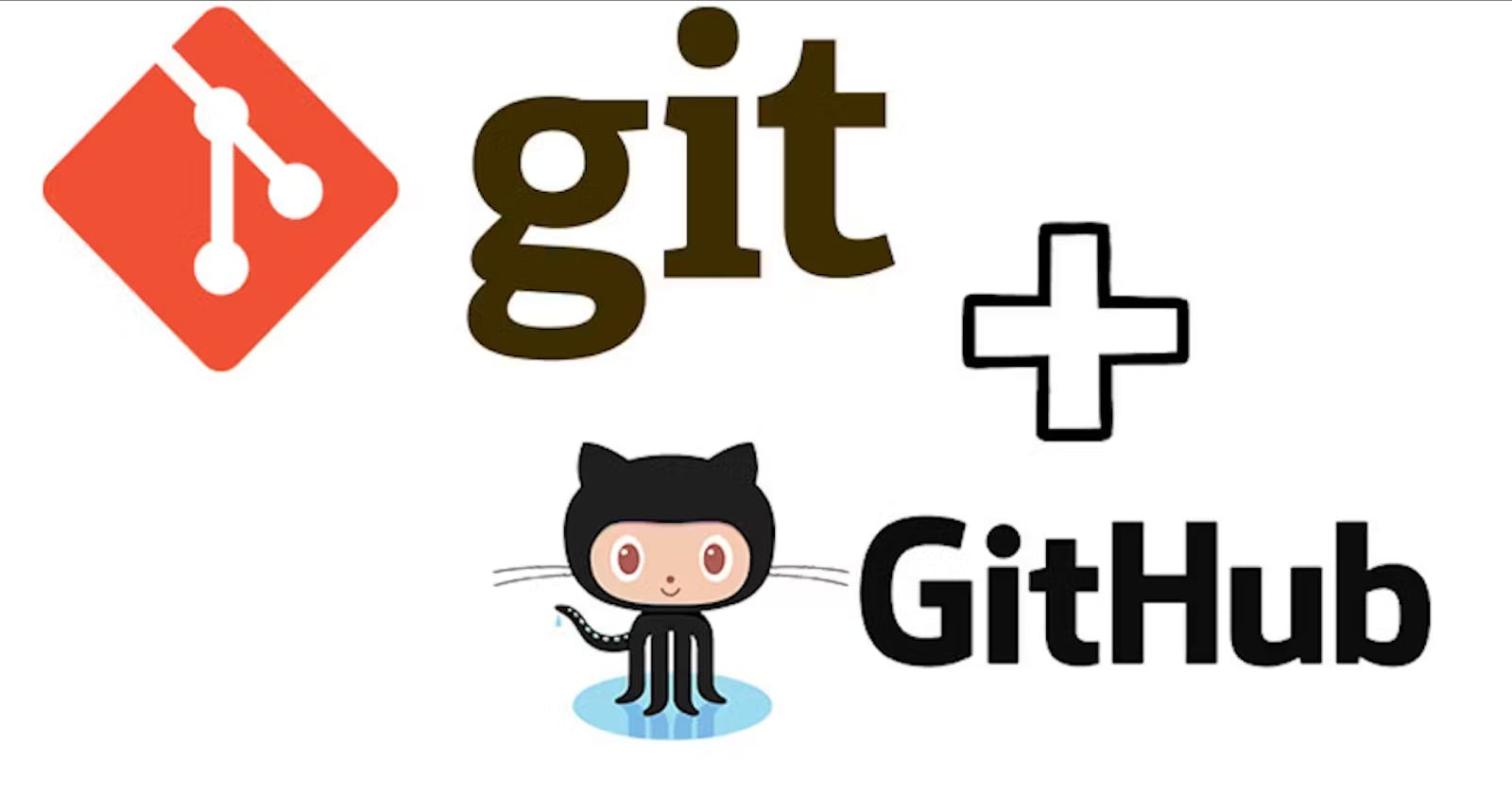Today, we'll dive into the basics of Git and Github. Let's jump right in and master the essentials of the Version control system together.👥💻🚀
💾 What is Git?
- Git is a distributed version control system that helps developers track and manage changes to their code during software development.
Imagine Git as a time machine that allows you to save snapshots of your project at different points in time. This way, you can go back to any previous state if something goes wrong or if you want to check the history of your code. 💾🕰️
Git streamlines collaboration tracks changes effortlessly, and manages code history, making it a must-have tool for developers and projects of all scales. 🚀💻
🤝 What is GitHub?
GitHub is a web-based platform and service that helps developers collaborate on coding projects and manage their source code.
It provides a user-friendly interface to store, share and track code changes, making it easier for developers to work together on software development.🌐
🔍 What is Version Control? What types of version controls
Version control is a system that keeps track of changes in files over time so you can go back to specific versions later. It helps you undo changes, compare different versions, and see who made certain changes. 🔍🔄
There are two main types of version control systems:
Centralized Version Control System (CVCS): It uses a central server to store all versions of a project's files. Developers check out files from the server, make changes and check them back in.💻
Distributed Version Control System (DVCS): Developers clone the entire project repository, including its history, to their local computers. They work independently and can later merge their changes back into the main repository.🔧
🌐 Why do we use distributed version control over centralized version control?
We use Distributed Version Control Systems (DVCS) over Centralized Version Control Systems (CVCS) for several reasons:
Offline Work📶
Faster Performance⚡
Enhanced Collaboration🤝
More Flexibility💡
Increased Security🔐
Decentralization🌐
Thanks for being till the end of the blog. I hope that this blog helps you to get a brief introduction about Git, Github and Version control system.
